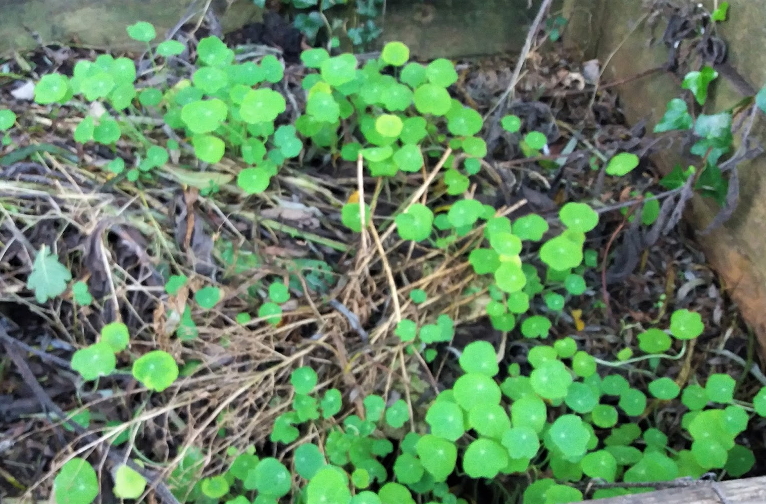Several years ago a study commissioned by the United Nations found that, at a time when the world has more hungry people than ever before, one-third of all food is wasted. Consumers in rich countries waste almost as much food, 222 million tonnes, as the entire net food production of sub-Saharan Africa. A previous study had found that British households threw away an estimated one metric tonne of food per year.
Of course, everyone will have some kitchen waste – no one wants to eat the potato peelings or woody stems – but Nature recycles everything. Dropped in the woods those peelings quickly become food for birds or rodents, which fertilise the ground. If these animals are not around, they become food for insects, which in turn feed the larger animals. Whatever insects don’t eat becomes food for moulds and other fungi, and what they don’t eat goes to aerobic bacteria.
In our modern society, though, we have managed to take Nature’s cycles and slice them into several crises. We use vast amounts of fertilisers, pesticides and water to grow food, ship it around the world, often throw it away uneaten — and when we throw it away, we often put in in plastic bags.
This bizarre habit has the effect of sealing the food away from the animals — furry, feathered or creeping – that would eat it, and cutting off the oxygen that would allow fungi and aerobic bacteria to breathe. That leaves only anaerobic bacteria, Nature’s emergency backup workers, who work slowly and create a bit of an odour. You might think that decomposition smells foul anyway, but a well-turned compost actually doesn’t generate much of a smell.
Moreover, anaerobic bacteria create large quantities of methane, which is a serious greenhouse gas — about 35 times worse than carbon dioxide, and accounts for about 20 per cent of the greenhouse effect.
Meanwhile, many people would like to grow their own food, but have typical suburban soil — clay, builders’ rubble from decades before, and in some cases, unsafe levels of petrochemicals or heavy metals. They need good soil in raised beds, just like the kind you can create by composting kitchen waste.
Fortunately, all three of these problems can solve each other, and there are already volunteers ready to help in your neighbourhood. They will work hard for you 24 hours a day without complaint, they are experts at turning kitchen waste into great soil and they work for free. They are worms.
A medium-sized wormery can process several pounds of organic waste a day – that’s several pounds you don’t have to put in bins, wrap in plastic and put outside in the cold; that won’t take up space in the landfill; and that won’t worsen climate change.
According to worm experts, they slow down below eight degrees Centigrade (46 Fahrenheit) and stop altogether below five degrees (41 Fahrenheit). The outside temperature can go five or ten degrees below that, however, and they can still be all right if the wormery is sufficiently insulated. If you live where it regularly goes below freezing in the winter, you can bring it inside or into the shed – a well-maintained wormery should not smell foul.
A few things are not suitable for the worms. They don’t like high-protein dishes like meat, cheese or beans, acidic waste like citrus peels, too much grass, or pet poo. A little bit of these things can be okay, but not much. Most wormeries also come with an alkali powder of some kind in case the compost gets too acidic, and I’m told that seaweed, crushed eggshells or fireplace ash will also help. You can tell if it starts to smell or if you see tiny, threadlike worms. The worms – called potworms in Britain – are harmless themselves, but an indication of a problem.
One nice thing about a wormery bin is that most have a valve at the base for draining excess water. The liquid is called “worm tea,” and is about the colour of tea – dilute it and use it to water your plants.
I wax eloquent (well, wax anyway) about a simpler life, and we’re taking baby steps to get there, but let’s be honest — it will be a lot of work, and none of us are getting any younger. Let’s get some free labour where we can.
Photo: Some seeds must have gotten into the compost, and now it’s growing nasturtiums.






